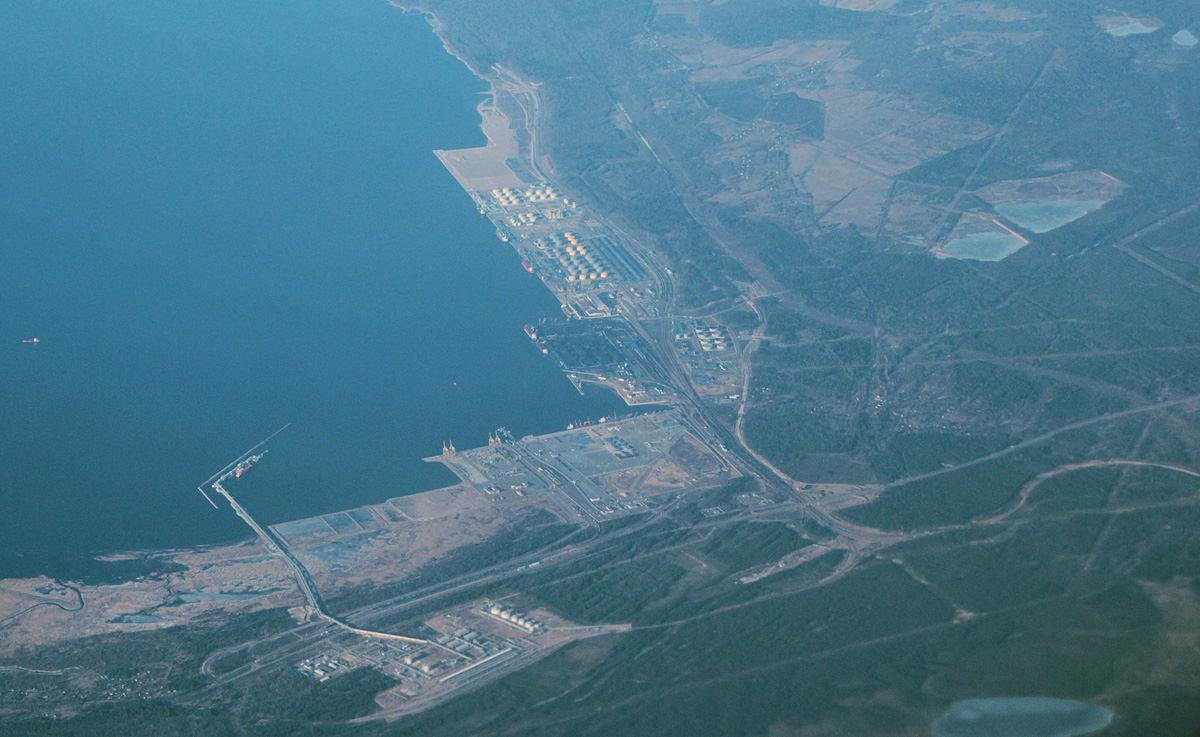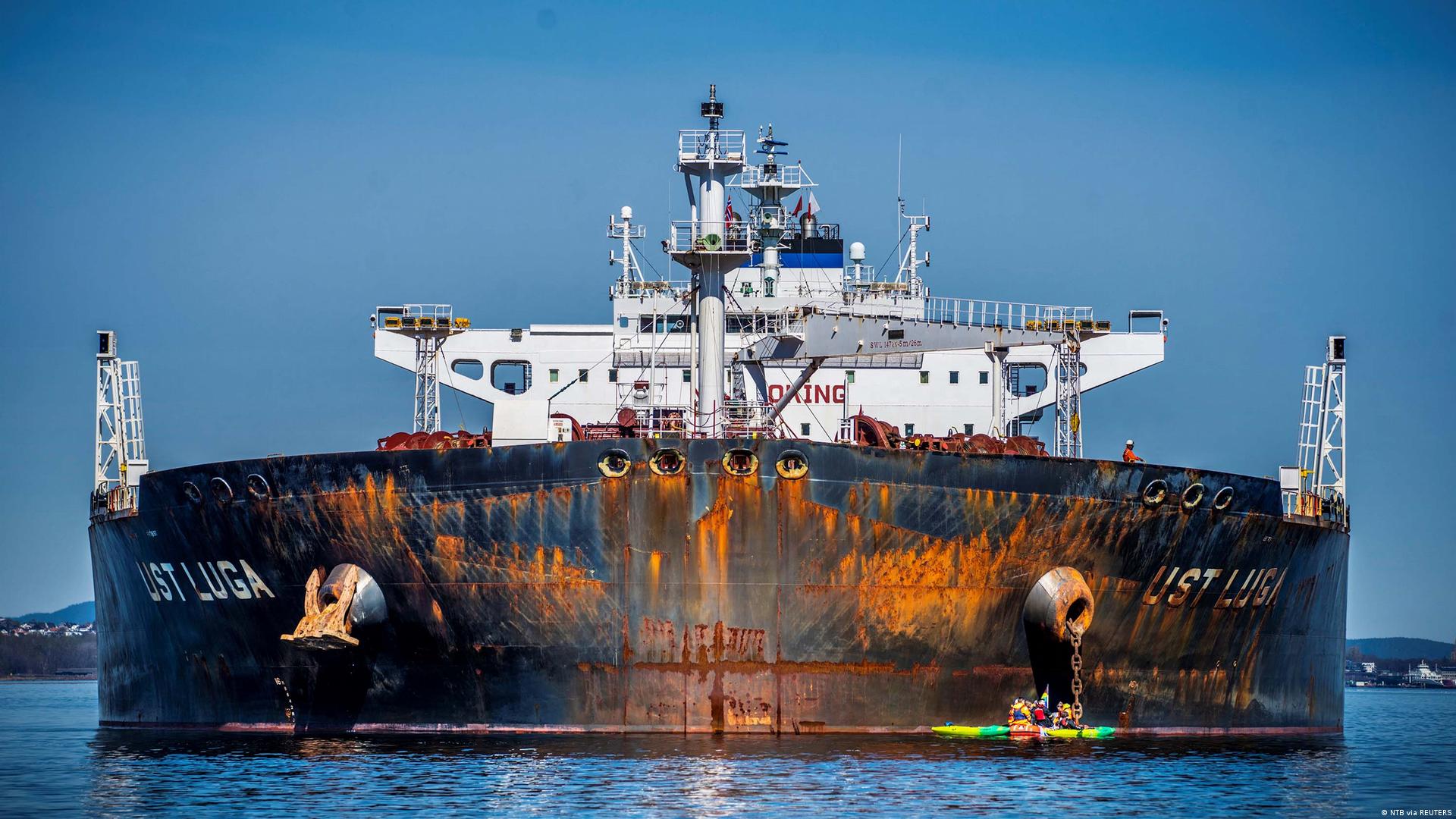At the beginning of 2025, the volume of Russian oil exports by sea fell to its lowest level since August 2023. It decreased to 2.88 million barrels per day, a reduction of 540,000 barrels compared to peak supplies in October.
The main reasons: increased Western sanctions against Russia, reduced demand for Russian oil from key importers—India and China, and increased domestic refining volumes.
A significant decline in exports was observed mainly through Russian ports in the Baltic Sea. This is how Moscow is attempting to mitigate risks associated with drone strikes on Russian oil infrastructure, particularly the Ust-Luga port, where shipments dropped by 25% compared to October.

The decline in oil supply comes amid delays in the review of Russia's quotas under the OPEC+ agreement. The plan to increase production has been postponed until April 2025, and Russia's quota remains at 8.978 million barrels per day. The Russian government has also committed to reducing production by September to compensate for last year's quota exceedance.




















